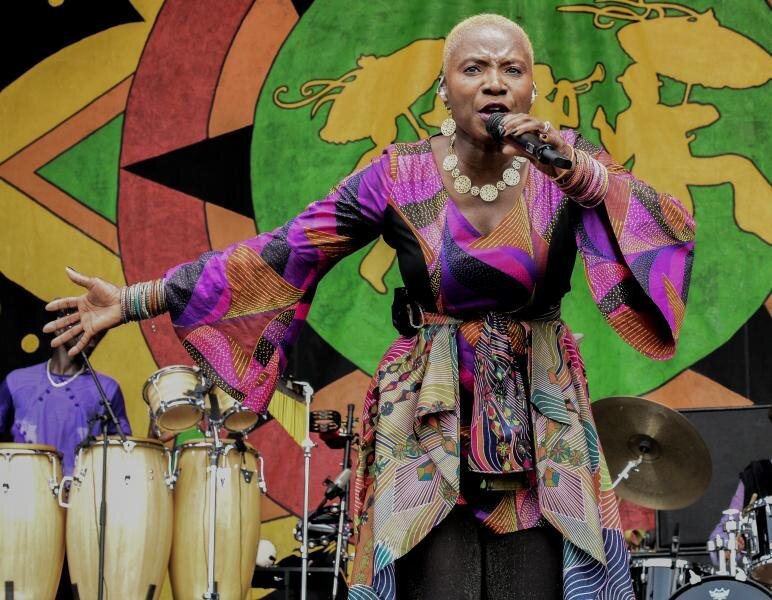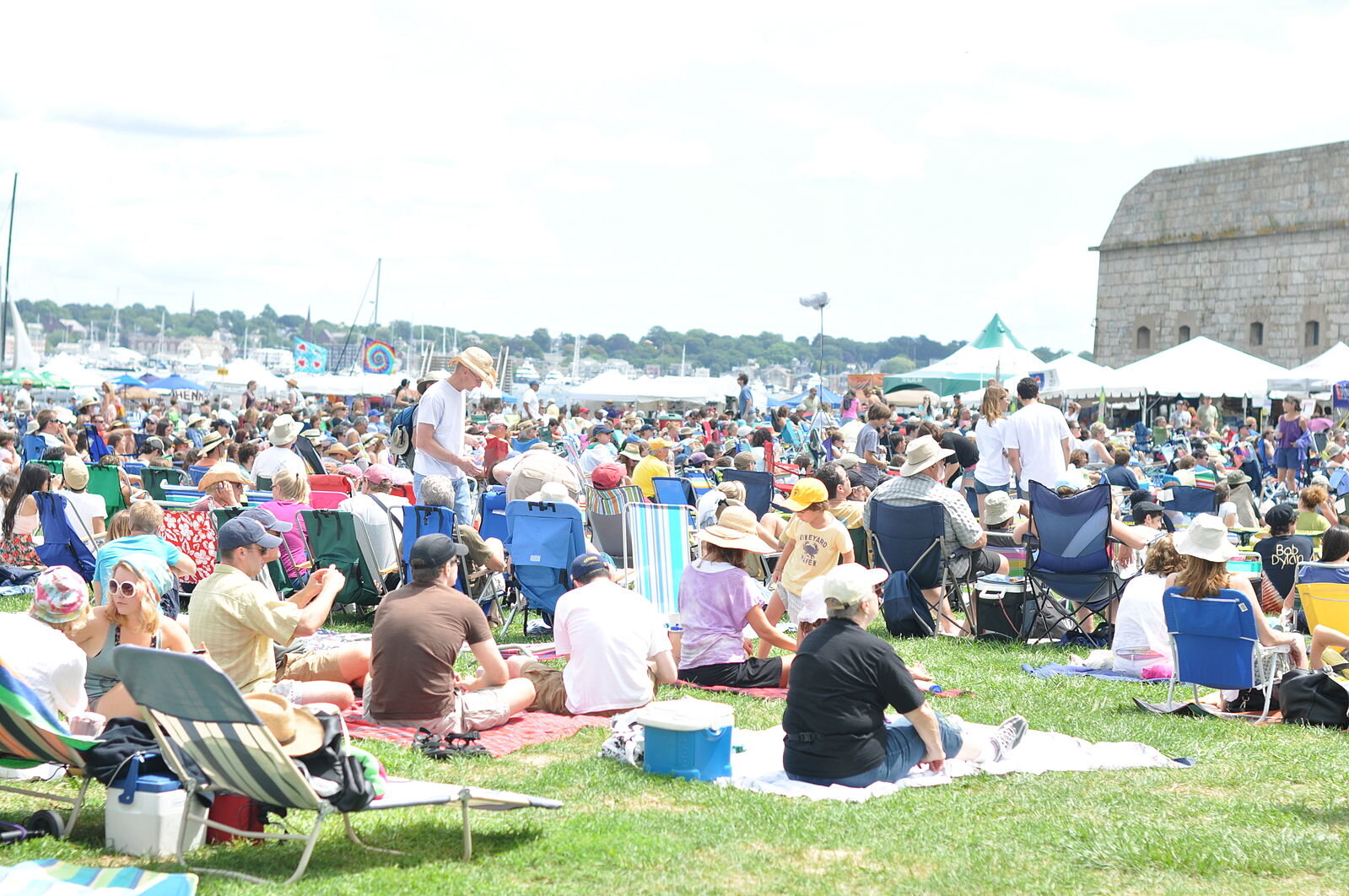Can Buku's Planet B Be the Last Festival Standing for 2021?

Will Buku’s Planet B make it to Megan Thee Stallion?
The electronic dance music and hip-hop festival has a few things in its favor including data.
The October that once promised a festival a weekend hasn’t panned out. First Voodoo opted to wait until 2022, then Jazz Fest announced that it would do the same, and last Friday French Quarter Festival threw in the towel as well. Now only the October 23 weekend promises a festival and it has two on the docket: the Fried Chicken Festival and Buku’s Planet B. If I were a gambler, I’d bet that Buku is the only one of those festivals that will actually take place.
Buku has an advantage that Jazz Fest didn’t have in that it takes place later in the month, so organizers can get better data on what kind of a threat to COVID spread an outdoor festival poses. In general, studies have shown that the being outside massively mitigates the possibility of spread, and although I believe that Jazz Fest took the public health risks seriously, there were other concerns, not the least of which was the quality of the experience. Would Jazz Fest be able to deliver the Jazz Fest with reduced attendance, masks, and headliners pulling out. A problem Jazz Fest bumped into was the 60-day deadline when partial payment on the talent’s contracts came due. Organizers decided that it was too risky to lay out that much money when there was so much uncertainty regarding the Delta variant and the audience’s willingness to risk it. Buku won’t hit that date until October 23 or so, which means it can wait to see what can be learned from the Lollapalooza experience.
The photos of maskless crowds mashed together at Lollapalooza were hard to look at in COVID times, but 14 days after the festival ended, Chicago health officials estimate that approximately 385,000 people attended and only 203 tested positive for COVID. The Watershed country music festival in Seattle had more concerning numbers—160 cases in 25,000 fans—but Watershed organizers didn’t require proof of a vaccine or a negative test to get in, whereas Lollapalooza did.
It’s tempting to look at the gathering in Sturgis for the annual motorcycle rally as well, but there are limits as to how meaningful results from there will be. If it doesn’t prove to be a superspreader event, the Great Outdoors can clearly significantly mitigate spread of COVID-19. If we do see an outbreak follow the event though, we can’t assume other festivals will have the same result because Sturgis’ attendees have generally been uninterested in masks and suspicious of vaccines. There will likely be a higher concentration of unvaccinated attendees who are less likely to attempt even basic forms of self-protection and more potentially risky behavior. In short, a lot of people at Sturgis will be almost daring COVID to come and get them.
Transmission information wouldn’t help the French Quarter Festival, which has so many points of entry that there is no way to check vaccination records. A festival with less of a public profile could have pushed on anyway since science has generally shown COVID-19 to be an airborne virus that is most easily transmitted indoors, and even though the Watershed numbers are worse than Lollapalooza’s, they still only translate to 0.64 percent (versus 0.052 percent at Lollapalooza). But the French Quarter Festival organization has a full slate of events planned over the course of the year, and it doesn’t need the reputation as the festival that didn’t take New Orleanians’ health seriously.
Instead, it canceled and, with its sponsor Chevron, opted to pay “critical relief payments” to the musicians and gig workers who lost work in the process. Shortly after that announcement, we learned in a story at Nola.com that Jazz Fest and its sponsor Shell decided to pay a percentage of their fees to the scheduled artists anyway.
Buku has a week to read the tea leaves. Jazz Fest’s Quint Davis worked from the city’s premise that the current spike won’t peak until mid-September, and that would put Buku on the back side of the spike. Organizers will have to track the data and decide if they’re willing to risk being seen as playing fast and loose with the city’s health, even if the numbers don’t validate the anxiety. If they are and the examples from Lollapalooza and other festivals remain promising, then perhaps Festival October won’t wash out completely.
Creator of My Spilt Milk and its spin-off Christmas music website and podcast, TwelveSongsOfChristmas.com.






